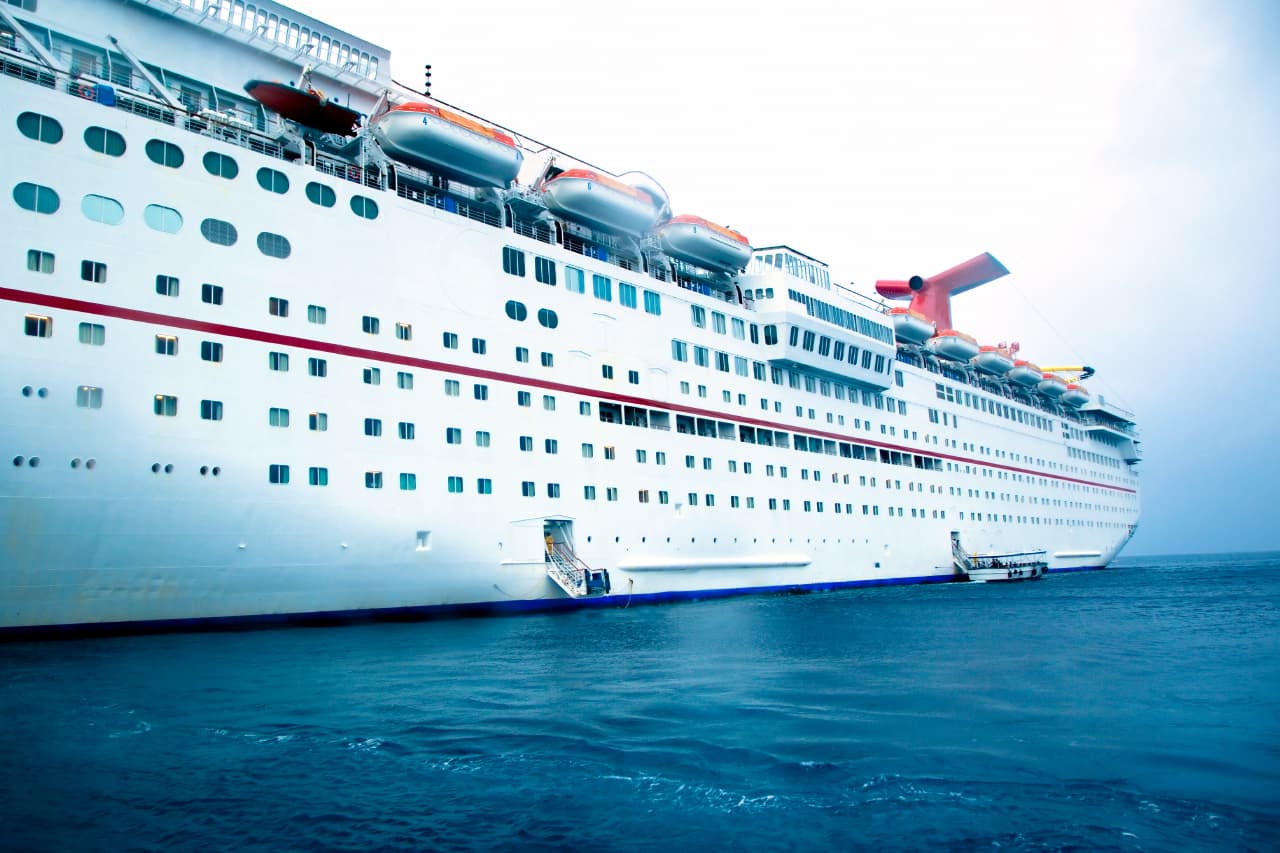
A dramatic medical evacuation off the North Carolina coast illustrates some common issues in cruise ship injury claims.
When a woman aboard the Royal Caribbean vessel Anthem Of The Seas showed signs of severe internal bleeding, shipboard officials knew they needed help. So, they reached out to the Coast Guard. On a dark and stormy night, or at least a dark night, the COast Guard dispatched an MH-60 Jayhawk helicopter from a nearby vessel. The helicopter then flew the woman over 200 miles to a hospital.
In what might be the understatement of the year, Chief Petty Officer Brian Gainey remarked that such operations are sometimes “complex and challenging.”
Most people take cruise ship vacations to forget about the stresses in their everyday lives. They may be able to forget about things like chronic illnesses or nagging injuries, at least temporarily. But the cruise ship company must remain vigilant. The company is responsible for everyone’s safety, regardless of race, gender, sexual orientation, or pre-existing medical condition. There’s no such thing as every man for himself.
This legal responsibility includes making the premises reasonably safe and having decent medical care readily available. Many cruise ships drop the ball in one or both areas. Especially on extended cruises, injury hazards are common. The longer people are crammed together, and the more alcohol they drink, the higher the risk climbs.
Additionally, even though they are basically large cities, most cruise ships have very poor medical facilities. Usually, onboard clinics are not much more than first-aid stations.
This responsibility, which is called the duty of care, continues when cruise ship injury cases go to court. In most of these claims, pre-existing conditions are inadmissible. Insurance companies cannot use a victim’s vulnerabilities as an excuse to reduce or deny compensation.
The duty of care is particularly applicable to illnesses and injuries which occur while employees or passengers are aboard ship. These individuals place their health and safety almost completely in the hands of the cruise ship operator.
Infectious diseases, like coronavirus, affect employees and passengers alike. The duty of care requires preventative measures, like masking and sanitizing. However, these measures only go so far. Infectious disease cases are still pretty much inevitable. When they happen, the cruise ship must have a quarantine plan or other plan of action. Furthermore, the cruise ship must execute this plan to the letter. No exceptions.
Other infectious diseases common to cruise ships include bacterial infections. Legionella, or Legionnaires’ disease, is a good example. If moisture collects in the HVAC system, which often happens in aquatic environments, poisonous bacteria grows. Many affected people show no symptoms of illness. These infections are especially bad for people who smoke or are over 50. As mentioned, pre-existing conditions or certain vulnerabilities usually do not affect injury claims.
Trauma injuries are even a greater risk than infectious diseases. Some common examples include:
These damages usually include compensation for economic losses, such as medical bills, and noneconomic losses, such as pain and suffering.
The injury issues in cruise ships are complex enough. The liability issues could be even more complex. So, only the best New York personal injury attorney should handle such matters. The liability options usually depend on the ship’s location and the victim’s status.
Workers’ compensation usually covers both trauma injury and occupational disease claims. This no-fault insurance pays:
Although these benefits are available, the insurance company does not hand them out like candy at Halloween. In fact, the workers’ compensation system is quite complex and difficult to navigate. Unless victims have good lawyers, they almost always wind up settling their claims for less than they are worth.
State negligence law usually applies in these situations. That could make a difference in terms of defenses like comparative fault. In some states, if the victim is partly to blame for an accident, that fact only reduces the amount of compensation available. In other states, partial victim fault could derail an injury claim.
The jurisdiction of state workers’ compensation laws ends when the shoreline ends. So, the Jones Act usually applies in these situations. Much like workers’ compensation, the Jones Act mandates no-fault insurance for shipboard injuries. Unlike workers’ compensation, the Jones Act also allows victims to recover damages for their noneconomic losses, such as pain and suffering.
This law applies to any injured ship employees who spend more than 30 percent of their time metaphorically sailing the Seven Seas. So, the category includes not only sailors but also barbers, cooks, mechanics, performers, and all other cruise ship employees.
Roughly the same principles discussed above regarding coastal passenger injuries apply in these situations. Usually, territorial waters end three miles from the shoreline. The negligence law of the closest state applies in such situations. If two states happen to be equally close together, we aren’t really sure what happens.
The Jones Act usually applies to injured employees. As for injured passengers, most Terms of Use agreements include a choice of law provision. Predictably, the cruise ship company always picks a venue that has favorable laws. These choice of law provisions might or might not be enforceable in court.
If the injury or illness was fatal, the Death on the High Seas Act usually applies. That’s especially true if the cruise ship owner was negligent or engaged in any illegal activity. In case you’re wondering, DOHSA also covers most airline disaster injuries which occur outside the United States.
Cruise ship injury victims have several legal options. For a free consultation with an experienced New York personal injury lawyer, contact the Pianko Law Group, PLLC. Home, virtual, and hospital visits are available.